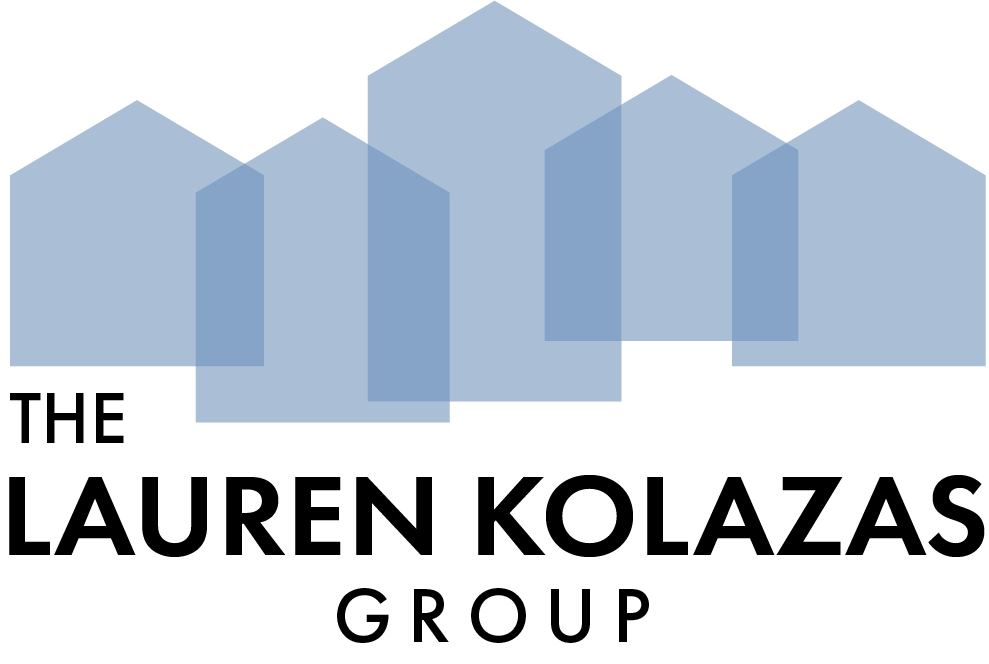Are You Ready to Buy a Home? 4 Things to Think About First
Buying a home most likely will be one of your biggest purchases, and that’s why the decision to become a homeowner should be very personal one.
The timing should be determined by your own particular situation and finances and never because everyone else around you is doing it. Though I understand the temptation!
Below are the big questions to ask yourself first so that you’ll know that you’re ready and confident to start the home-buying process and understand the responsibilities of being a homeowner.
1. Can I Afford It?
You’ll need to consider several factors when answering this question so that you don’t end up “house poor” when buying.
The immediate costs of purchasing a home will be the down payment and closing costs. And after you’re a homeowner, you’ll need to afford the monthly mortgage payments and other expenses, including the upkeep of this home.
However, there are programs for first-time buyers that can help lower both your monthly payments and any cash required upfront. Make sure you understand any options available for first-time buyers that can make buying a home more affordable. I can go over any federal and local programs that you may qualify for as a buyer.
Depending on your particular situation, you could put as little as 3% towards your down payment. You do not need to put down 20% to buy a home; and typically with your first home, it’s not the best idea to put so much down anyway.
Your closing costs will be around 3% of the purchase price. Again, there are first-time buyer programs and grants that can help reduce these costs.
Understand that on top of your mortgage payments, you’ll also need to pay for condo fees (if any), insurance, and taxes once you own a home. In addition, you’ll need to cover your utilities and any home maintenance or repairs.
It’s important to start planning and budgeting now if you want to become a homeowner. And together we can go over how much you would ideally like to pay each month for a mortgage.
Once you decide what your monthly payment and down payment amount should be based on your particular desires, then and only then, should you start looking at homes in a certain price point. This is the best way to stay within your comfort level and not be “house poor.”
2. How is my credit?
It’s important to take a look at your credit score and history as soon as you start asking yourself if you’re ready to buy a home. You want to know exactly where you stand when it comes to qualifying for certain loan products.
Ideally, your credit score should be at least 680. The higher your credit score, the better the loan products and interest rates will be available to you. You are considered less of a risk for lenders!
There are steps you can take to improve or repair your score, which is why taking a look now is a good idea to give you time. Plus, if there are marks on your credit history, you should look into each one, double check for accuracy, and then take action if there are any mistakes or credit fraud involved.
3. Am I planning to stay put for the next 3 to 5 years?
If the answer is yes, then most likely, buying now is a solid financial decision since that’s usually the amount of time to gain equity in your home. It’s also helpful to find out what is your break-even point to see how long you need to stay in your home for it to be worth it when compared to renting. I can help you determine this answer when looking at homes.
4. Am I ready to take care of a home?
Being a homeowner means maintaining a home and budgeting for its costs. Even if you don’t know everything about how to take care of a home before you buy, don’t worry, everyone has a learning curve! You can educate yourself for any DIY work and/or hire professionals when needed.
As long as you stay on top of seasonal maintenance and any repairs, you can avoid costly damages and maintain the value of your home. That’s very important to keep in mind since your home is also an investment. So make sure you have the time, the commitment, and the money to handle the responsibilities of being a homeowner.
Once you ask yourself the questions above, you’ll have a better idea if moving ahead is a go or if you need more time to prepare. The best advice to keep in mind is that the answers will always depend on your personal plans and circumstances. If you do decide to buy a home, do it because it makes sense for YOU and your life over the next few years, not because the news or your friends say you should.

